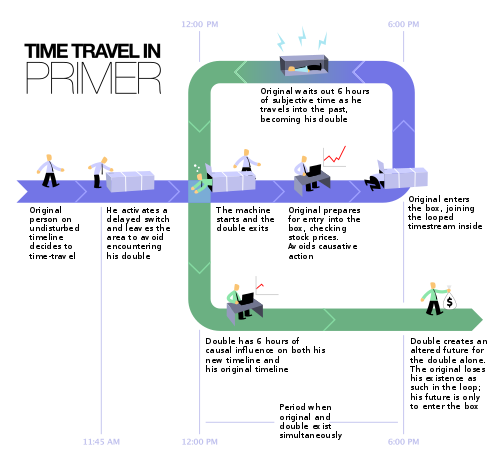What are the resources and values I wish I could ship backwards in time to myself?
When I left the classroom (in the parlance of our times) after 14 years of teaching middle school humanities and technology classes, I left content. I knew I had changed for the better as a teacher and person over the arc of my career. Despite all the instincts, habits, and mistakes of privilege I never shook, I got better. More kids successfully engaged with more of the work we shared at the end of my tenure than at the beginning. I left at the top of the game I’d been playing against myself since the start of my career.
Nevertheless, there are days I wish I could go back in time and teach myself some of what I’ve learned in my first few weeks as a curriculum developer at the Mozilla Foundation.
GitHub
Iterating is habit forming and we should provide teachers and students with the project-management methods they need to experience learning as an on-going, connected experience, rather than as a choppy, episodic one.
Project Management
We should help learners position their work safely in places where constructive feedback and social media tropes such as “like,” “love,” and stickers combine intentionally and structurally to encourage iteration.
Self-Direction
Norms and expectations set up around, “Tell me what you learned,” are so much more relevant, motivational, and powerful than norms and expectations set up around, “I’m going to tell you what to do.”
Reporting
Learners, instead of teachers, should report their learning; teachers should facilitate self-assessment and extend kids the trust to make mistakes on the way to evaluating their learning honestly.
Working in the Open
It’s no good to have a stance on teaching and learning if no one can see it in your work. We learn best in community. Copy and search are vital life and workplace skills that lead to improvisation, invention, and contact with innovative communities of practice. We shouldn’t insist otherwise at the behest of app, device, test, or textbook vendors.
In my new role, I want to work with these values at the front of my mind. I want to serve our community of leaders and educators by putting these values into practice throughout our shared work, and I want to craft curriculum that helps learners experience and enact the same values. As these new understandings have been of use to me, I want to be of use to others championing Universal Web Literacy and the Open Web.
